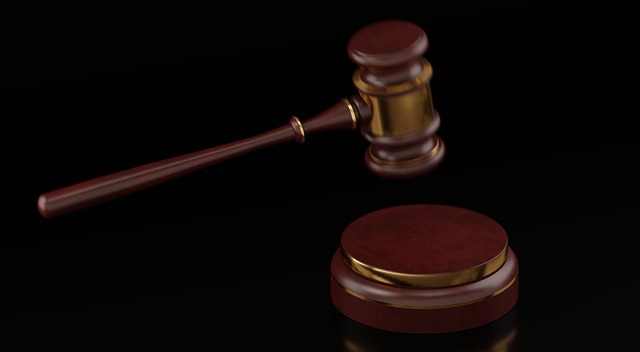Criminal law expertise is crucial for navigating class action lawsuits, especially in high-stakes defense cases. Potential plaintiffs must understand shared criteria and file eligibility motions. The process involves identifying relevant cases, reviewing complaints, consulting specialized attorneys, gathering docs, and securing legal protections. This strategic approach ensures favorable outcomes, protecting rights and common interests throughout the litigation.
“Criminal law cases encompass a wide range of legal battles, from individual prosecutions to collective actions. In this article, we dissect the intricate world of criminal law, focusing on one powerful tool: class action lawsuits. Understanding what these suits are and how they work is crucial for anyone facing criminal charges or seeking justice. We’ll explore the process step-by-step, highlighting the key stages to join a successful class action lawsuit, empowering individuals to navigate this complex legal landscape.”
- Understanding Criminal Law Cases: An Overview
- What is a Class Action Lawsuit?
- Steps to Join and Navigate a Successful Class Action Lawsuit
Understanding Criminal Law Cases: An Overview

Criminal law cases are a specialized field focusing on crimes and their legal consequences. These cases involve the prosecution of individuals accused of violating criminal statutes, with the goal of seeking justice and holding offenders accountable. Understanding criminal law requires a grasp of various aspects, including the legal definitions of crimes, procedural rules, and constitutional rights. Navigating these complexities is essential for both prosecutors and defenders to achieve extraordinary results in court.
While the process may differ across jurisdictions, a common framework includes investigation, arraignment, pretrial proceedings, trial, and sentencing. For those interested in joining a class action lawsuit, understanding criminal law is crucial. By employing strategic legal arguments, individuals can contribute to winning challenging defense verdicts or settling for substantial compensation, especially when their respective business interests are at stake. Following the proper steps to join such lawsuits is vital for ensuring your rights are protected and maximizing potential outcomes.
What is a Class Action Lawsuit?

A Class Action Lawsuit is a legal process where a group of individuals, known as a class, sues a defendant together. This collective action allows for the efficient resolution of common issues, including those arising in high-stakes cases involving general criminal defense. Unlike individual lawsuits, where each person pursues their own claim, a class action consolidates these claims, making it a powerful tool for justice.
To Join a Class Action Lawsuit, there are several steps to follow. Firstly, individuals must meet the criteria to be part of the class, often sharing similar experiences or being affected by the same wrongful conduct. Once identified, potential plaintiffs can file a motion to join the lawsuit, providing their individual details and demonstrating how they qualify for inclusion in the class. Throughout this process, for his clients’ interests, attorneys dedicated to these high-stakes cases ensure proper representation and management of the litigation.
Steps to Join and Navigate a Successful Class Action Lawsuit

Joining a class action lawsuit can be a complex process, but with careful navigation, it can lead to significant legal outcomes for both corporate and individual clients. The first step is to identify a case that aligns with your interests and meets the criteria for a class action—a group of individuals with similar claims against a common defendant. Research plays a crucial role in this phase; stay informed about ongoing cases and their requirements. Once you’ve found a suitable case, carefully review the complaint to understand the allegations and potential benefits.
If you believe your rights have been violated and the case resonates with your experience, contact an experienced attorney who specializes in class action litigation. They will guide you through the process, ensuring that your participation avoids any potential indictment. The attorney will help assemble the necessary documentation and represent your interests throughout the lawsuit, aiming to secure a favorable outcome for all involved clients.
Criminal law cases, including class action lawsuits, offer a powerful tool for justice. By understanding what these lawsuits entail and following the clear steps to join, individuals can become active participants in seeking remedies for wrongs committed against them and their communities. Navigating this process requires knowledge and strategic actions, but it’s a significant step towards ensuring accountability and achieving successful outcomes.






